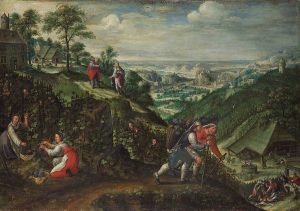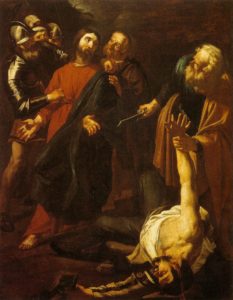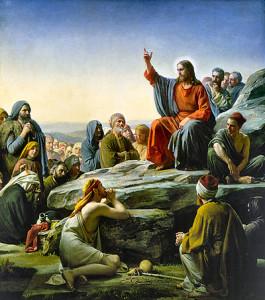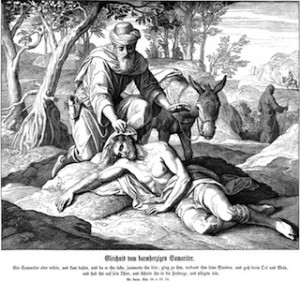Illuminations on the Lectionary readings for Aug. 17, 2025 (Pentecost 10C/Proper 15)
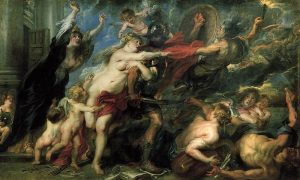
The Horrors of War (1637-1638), oil painting on canvas by Peter Paul Rubens (1577-1640). Galleria Palatina, Uffizi Gallery, Florence, Italy. (Click image to enlarge.)
First Reading (Track One): Isaiah 5:1-7
Sunday’s Lectionary readings provide us with background for a passage from Luke’s Gospel that might be described as disturbing. In our Track One first reading, the Prophet Isaiah begins with a charming love song to God’s beautiful vineyard, but the calm beauty of this opening image doesn’t last. Although the vineyard was thoughtfully planted and carefully tended, it produced only sour, unusable grapes. God, angered, vows to tend the vines no more. Then Isaiah explains the metaphors in plain words: The vineyard is the house of Israel, the people of Judah. God had planted them to reap righteousness and justice, but they’ve failed in this mission, so their harvest will be destruction and exile.
First Reading (Track Two): Jeremiah 23:23-29
Sunday’s Track Two first reading reminds us of the idea of panentheism (not pantheism) as described by the late theologian Marcus Borg: God is transcendent, wholly other, distinct from the world … but God is also immanent, right here, all around us, and present in our lives. The Prophet Jeremiah, who spoke words of doom and warning before Israel’s destruction and exile, finds God in both approaches. Don’t think that God is only far away, Jeremiah warns: God is nearby, too. In words that Christians might see as foreshadowing the frightening words in Luke’s gospel, the prophet warns that God holds fire and destructive power ready at hand for those who forget God’s word.
Psalm: (Track One): Psalm 80:1-2, 8-18
The Psalmist’s song echoes the words and resonates with the spirit of Isaiah’s warning about God’s lost love for Israel. Here, too, we sing of Israel as God’s beloved, well-tended vine, one that grew fruitful and mighty. But that was then. Now we find it ravaged, eaten by forest animals, burned, and cut down. The Psalmist calls on God: Please return and tend this vine! Return life to the exiled people, the Psalmist pleads, and they surely won’t betray you again.
Psalm: (Track Two): Psalm 82
The idea of God sitting in a divine council of other gods sounds strange to modern ears. Bible historians trace this concept to ancient Near Eastern tradition, when early Israelites understood the God of Abraham and Moses as supreme over the lesser gods of enemy nations. The Psalm’s underlying theme, in any case, feels as relevant today as it was in the time of the ancient Temple: God insists on justice and calls us to stand up for the weak, the orphan, the lowly, the humble, and the needy.
Second Reading: Hebrews 11:29-12:2
This week’s selection from the letter to the Hebrews continues the theme of praise for our ancestor in faith, Abraham, that we heard in last Sunday’s reading. We hear more snippets about Hebrew Bible heroes who achieved greatness through their faith and now form a cloud of witnesses that surrounds and inspires us. These witnesses, we are told, show us the way to “run with perseverance the race that is set before us” as we follow Jesus, who endured the shame of crucifixion and now sits at the right hand of God.
Gospel: Luke 12:49-56
Sunday’s gospel shows us an unexpected side of Jesus. Continuing his conversation with the disciples that began in last week’s reading, Jesus expresses a stern and seemingly angry desire to bring fire to the earth, not ushering in peace but division that will even separate family members from each other. What’s going on? Remember that we are following Luke’s account of Jesus’s journey to Jerusalem and the cross. Walking this hard journey is not an easy path for Jesus or for those who follow his way. The Kingdom is coming soon, he says; and the hard work of making that happen may divide us even from friends and family.

